At the stakeholders meeting, held prior to the February dental board meeting, two amendments had been brought forth for HB 2233. The first added a verbal “informed consent”. This would mean the consent for treatment could be given over the phone as long as it was recorded and stored. It also provided two distinct levels of consent; level one authorizing preventative and diagnostic services and the other level for actual treatment.
The second amendment eliminated the two levels of consent in amendment #1 and provided for an audio recorded informed consent, which included a section that redefined the meaning of “informed consent” in Arizona.
At the February 2011 board meeting lobbyist Stuart Goodman said “not to forget the art of politics – taking the ideal and making sacrifices for what is achievable. He also stated, “Bills that add more legislation do work as long as there is consensus among the parties. If there is not consensus, the members start looking for excuses and public safety aspects tent to get lost in the shuffle.”
Goodman recommended a hybrid of the two amendments. He wanted the board to removed the word “permanently” that was included in the original bill that had to do with the “recorded and stored” language it contained. Goodman requested the board move quickly deciding on the language as he was feared the Mobile Dental Bill would be pulled, citing “mobile dentistry would go unregulated another year.” Mr. Kevin Earl, executive director of the Arizona Dental Association, was more concerned about whether a copy of the recording would get submitted to the board if a patients records were subpoenaed. Upon MOTION by Dr. Waite and second by Dr. Morrison, the board gave Stuart Goodman the authority to modify the wording but hold off on modifying the definition of informed consent. They also wanted to meet again with Goodman in another stakeholders meeting and see if they could come to some sort of agreement.
At the Arizona House Committee on Health and Human Services meeting February 16, 2011, Ralph Green’s lobbyist Gregory Harris signed up in support of HB 2233 but did not speak.
http://www.azleg.gov/legtext/50leg/1R/comm_min/House/021611%20HHS.PDF
The governor signed the Bill into law April 16, 2011. There was no two tiered approach to consent for treatment included in the final legislation that went into effect January 1, 2012. (Full Text of HB 2233) ReachOut and Ralph Green, DDS won that battle.
32-1299.25. Informed consent; information for patients
A. The permit holder of a mobile dental facility or portable dental unit must obtain appropriate informed consent, in writing or by verbal communication, that is recorded by an electronic or digital device from the patient or the parent or guardian of the patient authorizing specific treatment before it is performed. The signed consent form or verbal communication shall be maintained as part of the patient's record as required in section 32-1264.





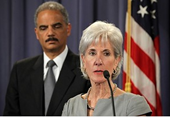


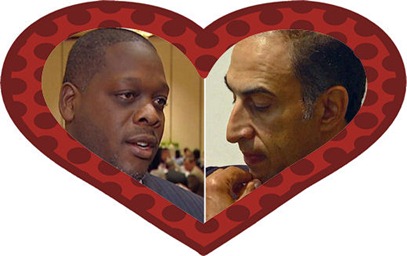

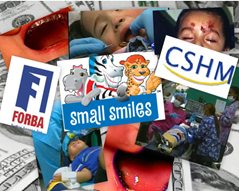
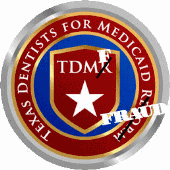



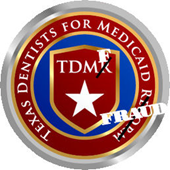




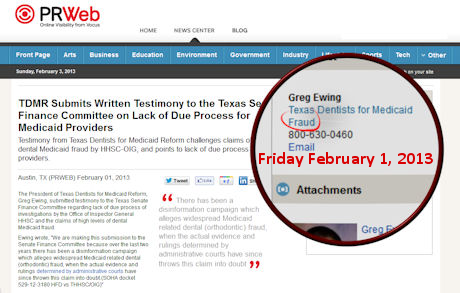




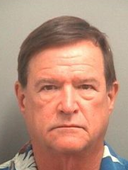
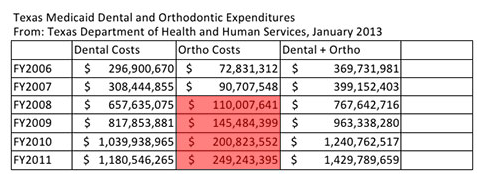
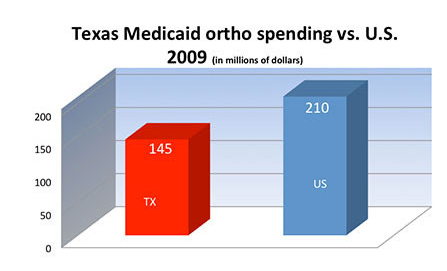
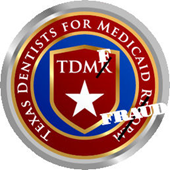

 Dr. Tara Rios, DDS
Dr. Tara Rios, DDS